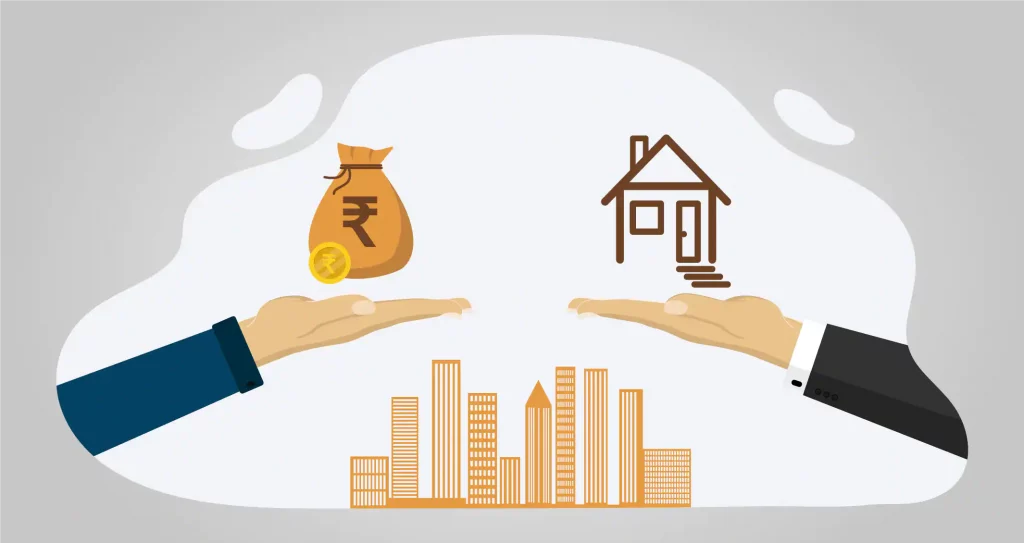Last Updated on June 7, 2024 by Asfa Rasheed
A top-up loan is a provision provided by multiple lenders such as banks or NBFCs. This top-up is an amount on top of your existing home loan, and the repayment of your top-up amount gets added to your home loan’s monthly instalments. The tenor can be inclusive of your existing home loan. Borrowers who have an outstanding home loan and have been diligently paying their EMIs without defaulting can easily avail of a top-up loan.
Top up loan are beneficial when you are looking to tackle any unforeseen expense because the funds that you receive from a top-up loan do not have any usage restrictions. For example, you can use the funds for medical expenses, travel expenses, education expenses, or even property renovation expenses. In addition to that, the interest rate is much lower in comparison to personal loans. If your lender does not have the provision for a top-up loan, you can opt for a balance transfer to switch your home loan to a lender that offers top-up loans.
What are the features of a top-up loan?
Interest Rate:
One of the most beneficial features of a top-up loan is the low rate of interest although your interest rate will be a little higher than your existing home loan but marginally lower when compared to personal loans.
Loan Tenor:
The tenor of a top-up loan is issued on the remainder of your existing home loan. For example, if you had a remainder of 5 years on your home loan, then you would be required to pay off your top-up loan within those 5 years as well. You may discuss the lending terms with your bank as this policy differs from one lender to another.
Eligibility Criteria:
The eligibility criteria for a top-up loan remain the same as for a home loan. The lender will run a thorough background check to make sure you are capable of repaying the loan. Your background verification will be assessed based on your credit rating, and the lender can verify the same by looking at your existing home loan repayment tenure. A favourable credit report will grant you a top-up loan.
Usage:
There are no end-use restrictions on the funds that you receive, you use the funds for any expense that you have such as travel expenses, education expenses, home renovation, furnishing your home or even wedding expenses.
Tax Benefits:
You can claim tax deductions from a top-up loan if you utilise the funds for the purpose of home renovations, education or construction.
Credit Score:
Your CIBIL score plays an important role in your loan against property application. If you have a CIBIL score higher than 750, then you will receive a higher evaluation and even better borrowing terms. A healthy CIBIL score ensures the lender that you are a responsible and creditworthy borrower and are capable of repaying your debts.
Easy Approvals:
Banks are less hesitant when approving top-up loans because the borrower is already an existing customer of the bank. A loyal customer ensures the lender that the borrower has not defaulted on any payments and that they are creditworthy.
What are the eligibility criteria for a top-up loan?
Here are a few of the eligibility criteria that you need to fulfil:
- You must have an existing home loan with the lender.
- Your credit report must be higher than 750 to receive favourable lending terms.
- The applicant should not have defaulted on any monthly instalments and timely payments should be made.
What are the documents required for a top-up loan?
Here is the list of documents required when applying for a top-up loan:
- Identity proof such as Aadhaar Card, Passport, Ration Card, Passport and Driving Licence
- Salary slip for the past 3 months for a salaried employee.
- Banking statement for the past 6 months.
- Passport-sized photographs.
- Address proof such as electricity bill, rental agreement, other utility bills.
Read More: https://newspab.com/category/finance/

